Molecular Diagnostics
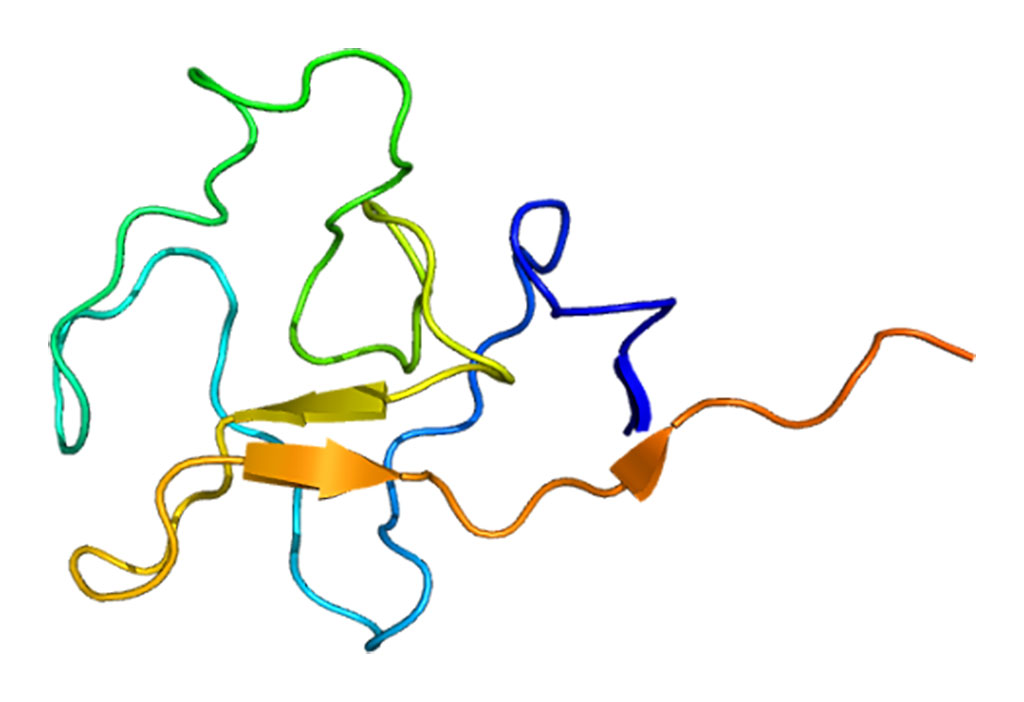
Elevated Levels of Lipoprotein(a) Predict Increased Risk for Developing Cardiovascular Diseases
Measurement of the blood biomarker lipoprotein(a) predicts risk of developing cardiovascular disease as well as determination of such standard factors as cholesterol and triglycerides. More...12 Oct 2020
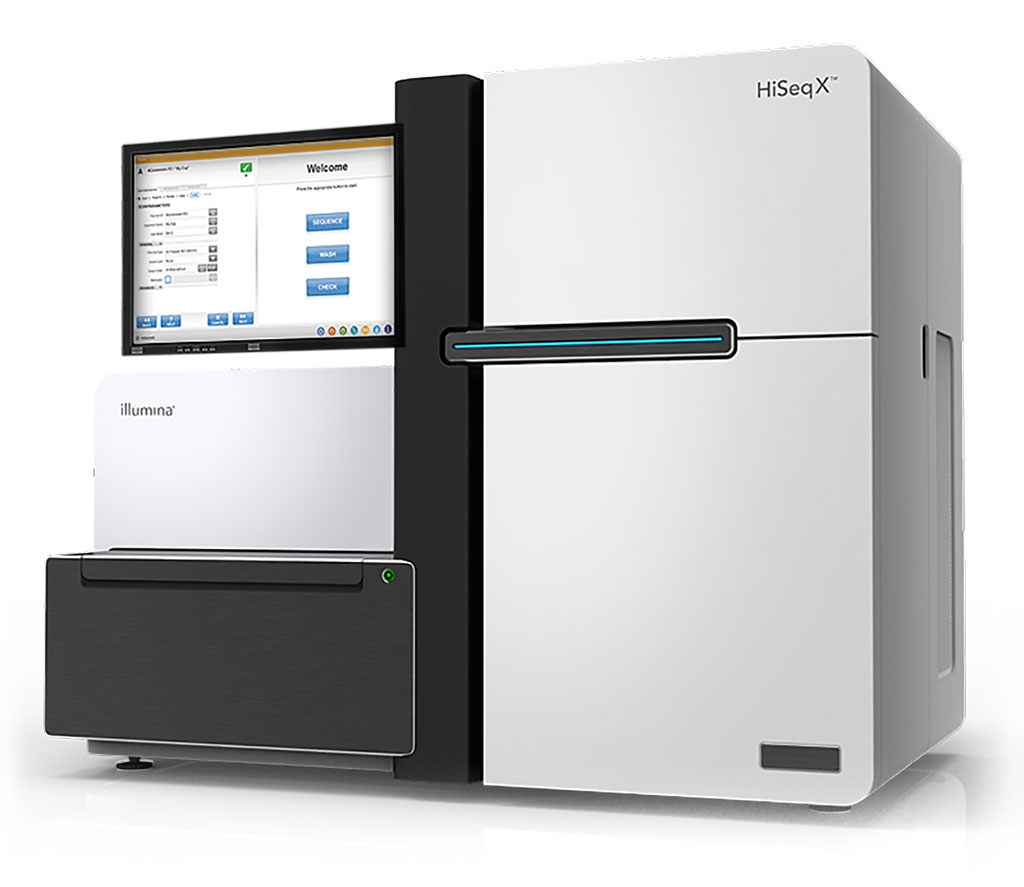
Genome Sequencing Evaluated in Children with Unexplained Medical Complexity
Children with medical complexity (CMC) have at least one chronic condition, depend on a technological tool like a ventilator or require intravenous nutrition or drugs, are under the care of multiple subspecialists, and have substantial healthcare use. More...08 Oct 2020
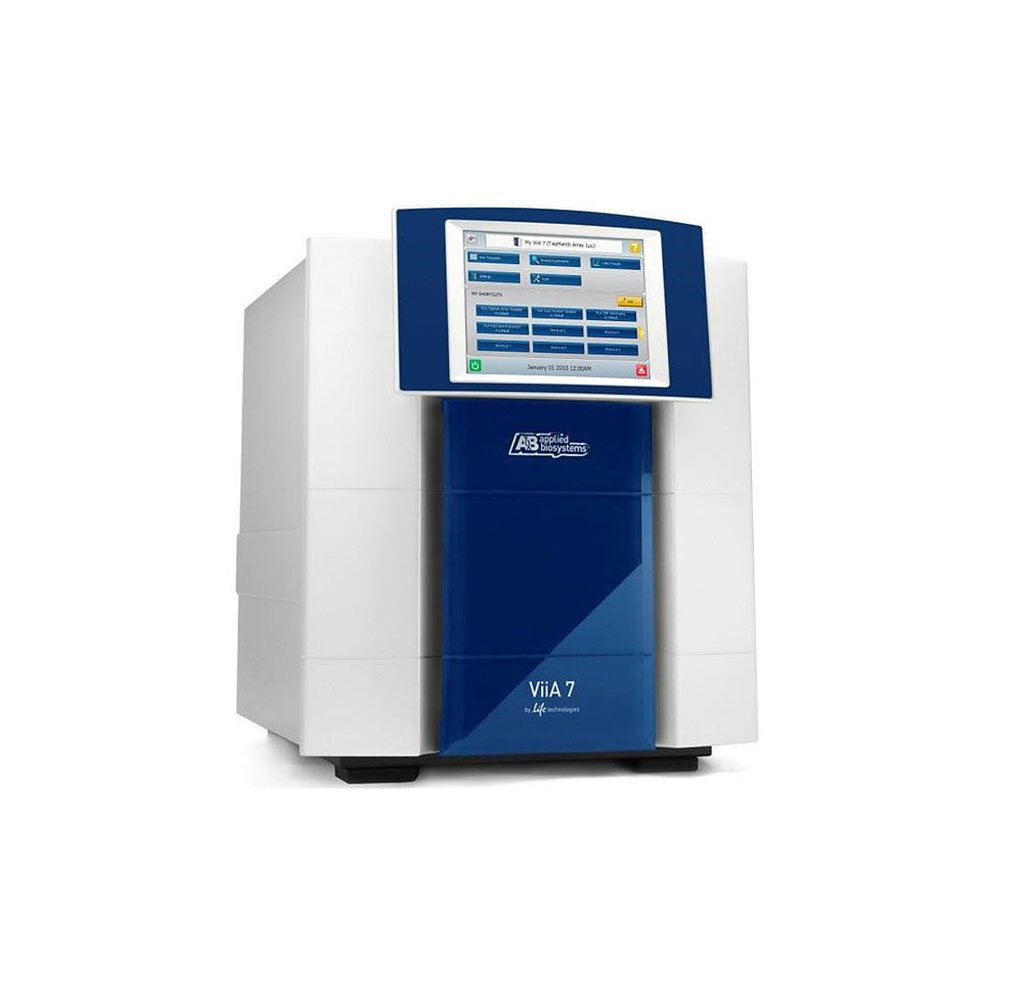
Blood-Based Test Accurately Identifies Viral Infection Before Symptoms Develop
Acute viral infections are one of the most common reasons for visits to primary care physicians in high-income countries. The usefulness of traditional pathogen-focused diagnostic methods for viral infection (e.g., culture, serology, antigen detection, and PCR) is limited by the fact they can be slow, costly, and restricted in terms of breadth of pathogens detected. More...07 Oct 2020
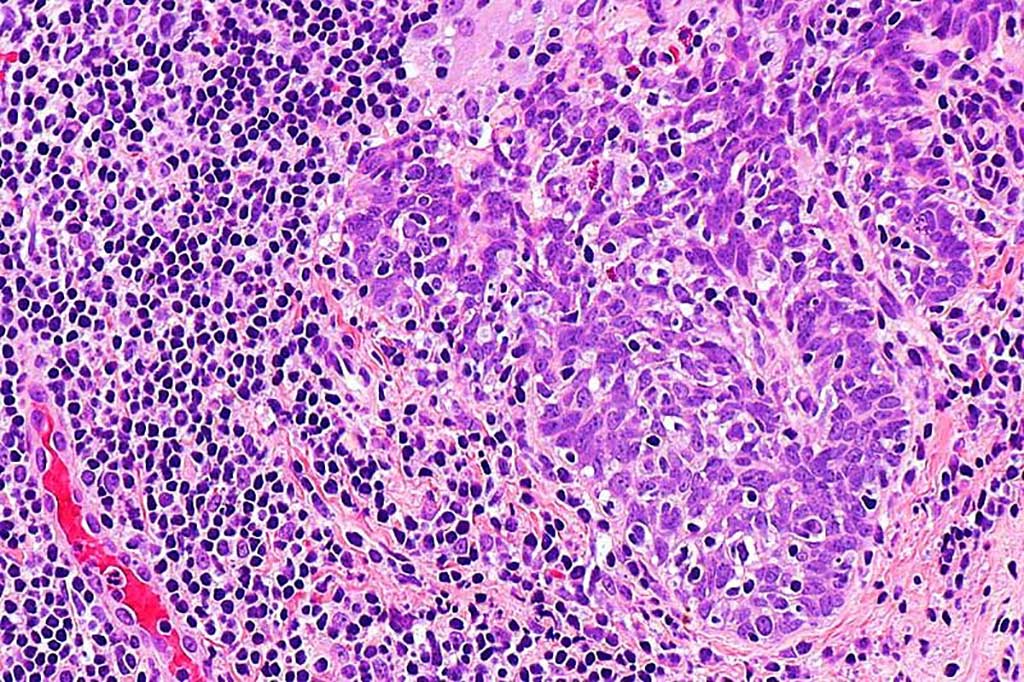
HPV, p16 Offers Different Prognostic Clues in Oropharyngeal Cancer
Human papillomavirus infection (HPV infection) is an infection caused by human papillomavirus (HPV), a DNA virus from the Papillomaviridae family. About 90% of HPV infections cause no symptoms and resolve spontaneously within two years. More...07 Oct 2020
![Image: This illustration reveals the ultrastructural morphology exhibited by coronaviruses. Note the protein spikes that adorn the outer surface of the virus, which impart the look of a corona surrounding the virion, when viewed through an electron microscope (Photo courtesy of [U.S.] Centers for Disease Control and Prevention) Image: This illustration reveals the ultrastructural morphology exhibited by coronaviruses. Note the protein spikes that adorn the outer surface of the virus, which impart the look of a corona surrounding the virion, when viewed through an electron microscope (Photo courtesy of [U.S.] Centers for Disease Control and Prevention)](https://globetechcdn.com/mobile_labmedica/images/stories/articles/article_images/2020-10-06/GMS-113B.jpg)
Bacteriophage Analysis Technique Reveals Details of COVID-19’s Impact on the Immune System
An analytical technique that can determine which of more than 1,000 different viruses have infected a person, has been utilized for a detailed study of the SARS-CoV-2 (COVID-19) virus and its impact on the immune system. More...06 Oct 2020
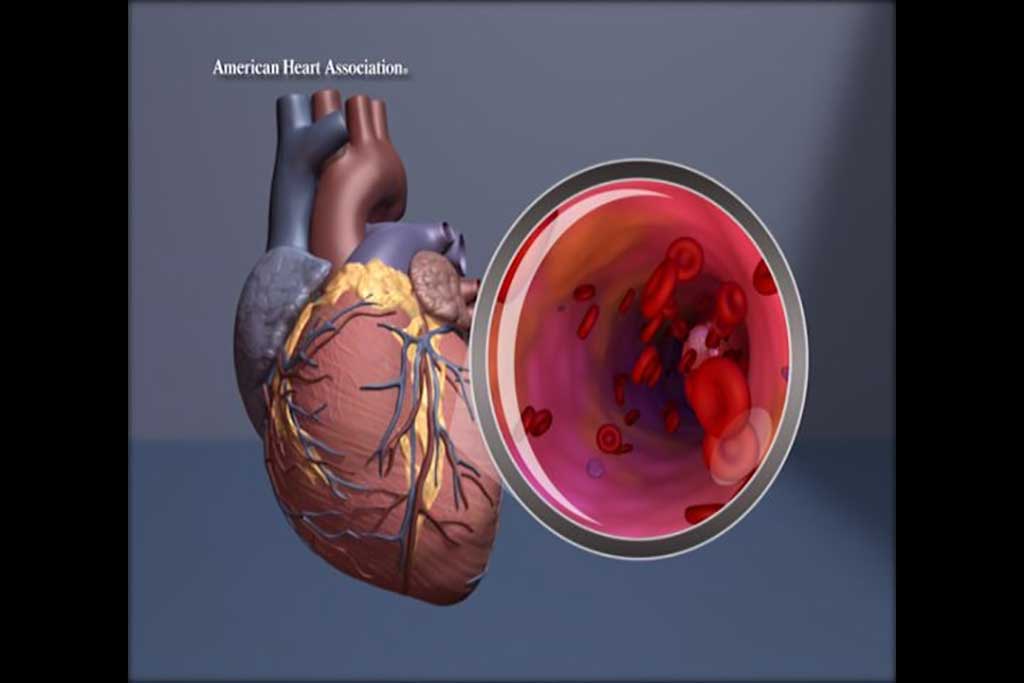
Large Genome-Wide Association Study Identifies Novel Abdominal Aortic Aneurysm Risk Loci
A recent report identified novel genetic associations for abdominal aortic aneurysm (AAA) with therapeutic implications and identified a subset of the population at significantly increased genetic risk of AAA that was independent of family history. More...05 Oct 2020
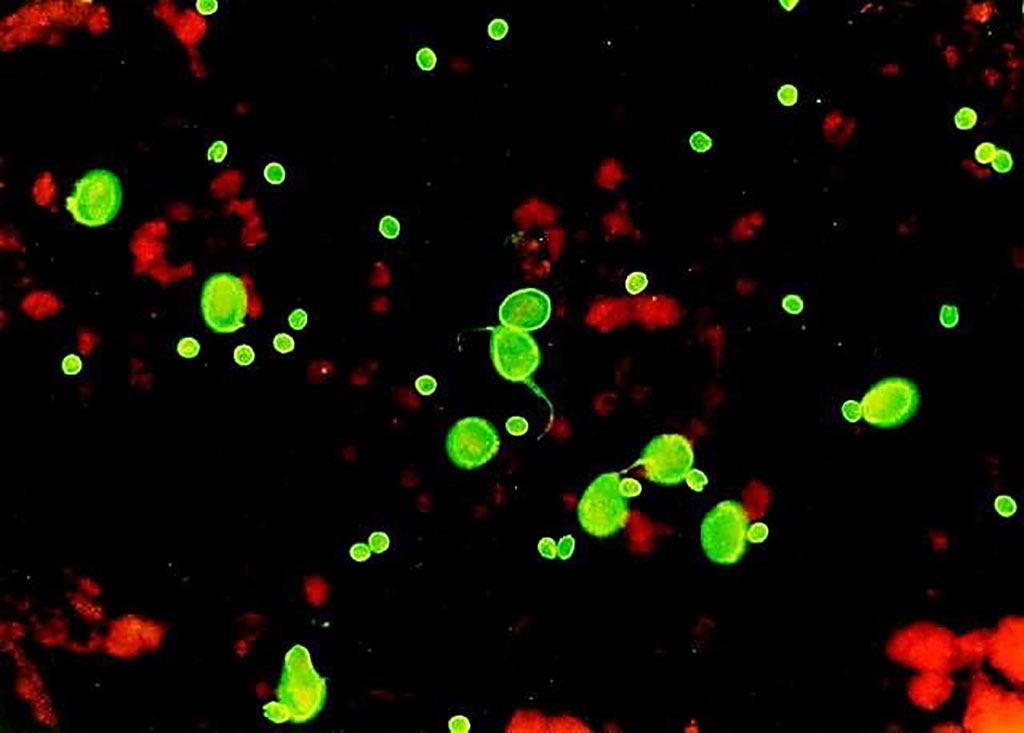
Smartphone Microscopic Method Detects Cryptosporidium and Giardia
Food and water-borne illness arising from the consumption of contaminated food and water are serious health hazards globally. Cryptosporidium and Giardia are the major food and water‒borne parasites. The infection occurs mainly by (oo)cyst phase of the parasites. More...30 Sep 2020
In Other News
Epigenetic Markers Predict Type 2 Diabetes Patients Response to Metformin
Endometrium Undergoes Gene Expression Shifts During Menstrual Cycle
Rapid One-Step Assay for Field-Based Detection of Asymptomatic Malaria
One-Step CRISPR-Based Assay Could Streamline COVID-19 Testing
Genomic Copy Number Predicts Esophageal Cancer Years Before Transformation
Paper-Based Microneedle Skin Patch for Continuous Glucose Monitoring
Circulating Tumor DNA Analysis Directs Therapy in Breast Cancer
A Paper-Based Nucleic Acid Testing Device for Rapid Diagnosis of Mosquito-Borne Viral Diseases
Click Chip’ Detects Early-Stage Liver Cancer Biomarkers in Extracellular Vesicles
Novel Rapid Lateral Flow Assay Measures Ovarian Cancer Biomarker CA125
Biosensing Platform Diagnoses Diseases Through Single Molecule Detection
Genetics Influence Risk for Spontaneous Coronary Artery Dissection
Proteomics-Based Diagnostic Test Predicts Risk of Dying from Staphylococcus aureus Bacteremia
Sequencing Could Augment Other Newborn Screening Methods
Jagged Ends of Double-Stranded DNA Characterized
MicroRNA-Based Liquid Biopsy Assay for Early Diagnosis of Head and Neck Cancer
New Diagnostic Test Assesses Suitability for Immune Checkpoint Inhibitor Immunotherapy
Loop-Mediated Isothermal Amplification Kit Detects Chagas Disease
Rapid CRISPR/Cas Assay for Diagnosis of Viral Fevers in Low-Tech Environments
Clonal Hematopoiesis Prevalence Determined in Healthy Donors
Streamlined Method for Telomere Length Measurement Opens New Cancer Diagnostic Opportunities
Pan-Cancer Study Reveals Extrachromosomal DNA Frequency
Adaptive Immune Cells in Ulcerative Colitis Revealed by Single-Cell Analyses
Genetic Testing channel of LabMedica brings the latest in molecular genetics, cytogenetics, and epigenetics, and methods from PCR to FISH, and more.










